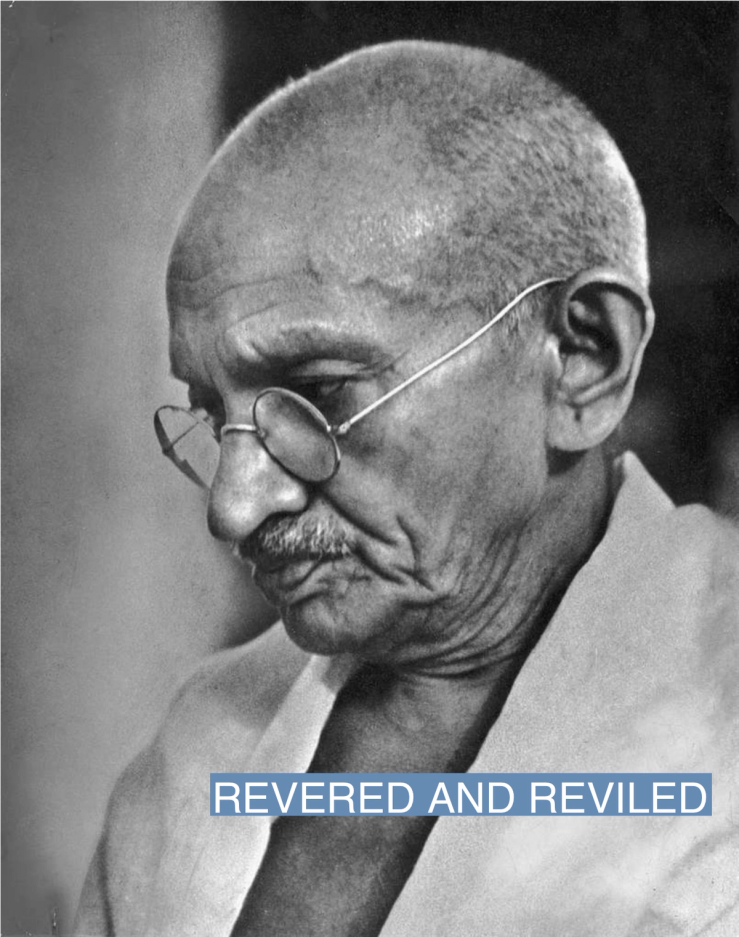The News
Monday marks 75 years since the assassination of Indian independence leader Mahatma Gandhi. Once unquestioningly revered, Gandhi has become a controversial figure in India where he is increasingly reviled by some Hindu nationalists including supporters of Prime Minister Narendra Modi.
Here’s a look at how Indian thinkers are reflecting on the anniversary:

The Coverage
Financial Times
Indian historian Ramachandra Guha writes that heightened Hindu nationalism lies behind Gandhi’s growing unpopularity in his homeland, with critics who view India as a Hindu state questioning Gandhi’s integral belief that India belongs to all its people, regardless of religion. Nathuram Godse, who shot dead Gandhi, was a Hindu radical who blamed the pacifist leader for being pro-Muslim and allowing the partition of India into what is now Pakistan.
“The unthinking adulation of Gandhi in the early years of Indian independence may have been extreme,” Guha writes. “Yet what we now have is not revisionism or iconoclasm but parricide, the outright repudiation of the person who perhaps did more than anyone else to nurture this nation into being.”
Hindustan Times
Godse shot dead Gandhi but he could not kill his thoughts, writes Shashi Shekhar, editor-in-chief of the Hindi-language newspaper Hindustan, arguing that attempts by Godse’s supporters to get his name trending on social media every death anniversary only make Gandhi’s lasting influence stronger.
“The Mahatma changed the course of human history numerous times. For the sake of peace, the world must continue to heed his advice,” he writes in the Hindustan Times.
The Indian Express
It’s common for people to view the story of Gandhi’s assassination as a binary between love and hate, argues Rajni Bakshi, founder of Ahimsa Conversations, a platform for reflections about non-violence. It can be easy to see the story as one which encapsulates two different ideals and schools of thought over India’s future.
But learning about Gandhi will prove that “life is made up of situations, experiences and truths that are multi-dimensional,” Bakshi writes in The Indian Express, adding that “turning love and hate into a binary contest is as dangerous as raw hate by itself.”

